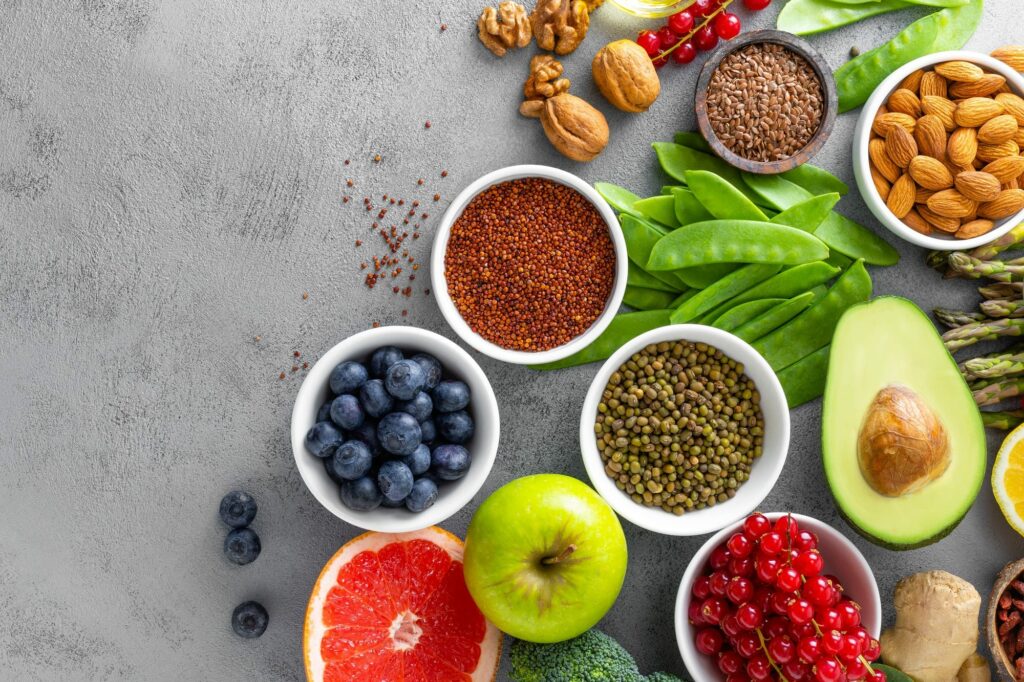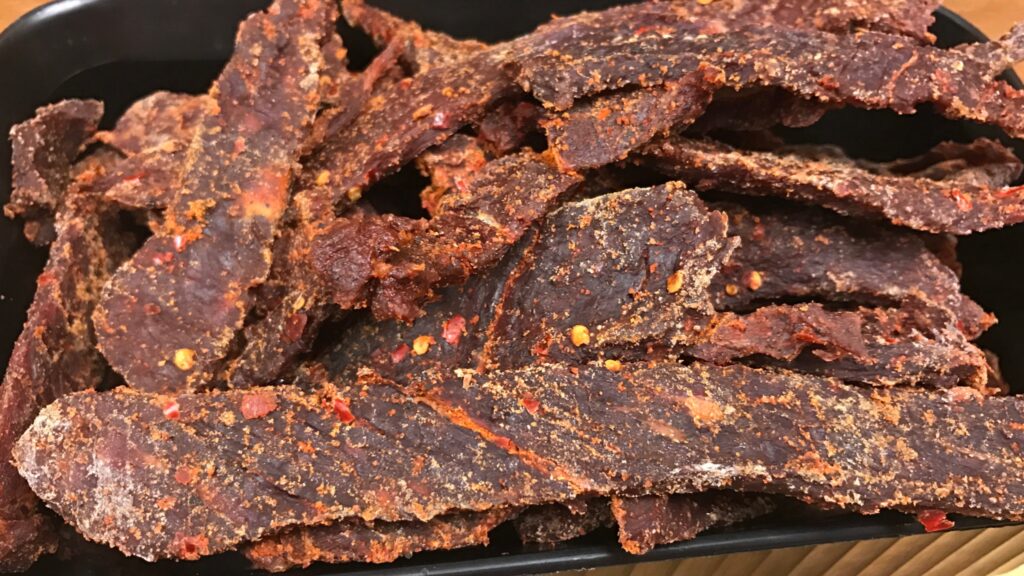
Introduction:
Omega-6 fatty acids are a type of essential fatty acids that play a crucial role in maintaining overall health. While it is important to maintain a balance between omega-3 and omega-6 fatty acids, omega-6s offer various benefits when consumed in moderation. In this comprehensive guide, we will explore ten omega-6-rich foods that you can add to your diet to ensure a well-rounded intake of essential fatty acids.
Sunflower Seeds:
Sunflower seeds are a delicious and versatile snack that provides a healthy dose of omega-6 fatty acids. They are rich in linoleic acid, an omega-6 fatty acid that supports brain function and aids in the proper functioning of the reproductive system. Incorporating sunflower seeds into your diet can be as simple as sprinkling them over salads, yogurts, or adding them to homemade granola bars.
Soybean Oil:
Soybean oil is widely used for cooking purposes and is a great source of omega-6 fatty acids. It contains a high concentration of linoleic acid, which promotes cardiovascular health and supports the immune system. When using soybean oil, opt for organic and cold-pressed varieties for maximum nutritional benefits.
Corn:
Corn is a staple food in many cultures and can be a valuable source of omega-6 fatty acids. It contains linoleic acid and can be enjoyed in various forms, including grilled corn on the cob, corn tortillas, or added to salads and stir-fries. However, be mindful of your overall corn consumption as it is also high in carbohydrates.
Pumpkin Seeds:
Pumpkin seeds are not only a delicious snack but also a rich source of omega-6 fatty acids. They contain linoleic acid, which supports skin health, aids in digestion, and contributes to a healthy immune system. Incorporate pumpkin seeds into your diet by adding them to trail mixes, sprinkling them on top of soups or salads, or even using them as a crunchy topping for baked goods.
Safflower Oil:
Safflower oil is a versatile cooking oil that is high in omega-6 fatty acids, particularly linoleic acid. It has a neutral flavor and a high smoke point, making it suitable for various cooking methods, including sautéing, baking, and roasting. Safflower oil can be used in salad dressings, marinades, or as a substitute for other oils in your favorite recipes.
Poultry:
Poultry, such as chicken and turkey, can be an excellent source of omega-6 fatty acids, particularly when consumed without the skin. These lean meats offer a host of other nutrients and are a healthier alternative to red meat. Ensure that you choose organic, free-range poultry for the best quality and nutritional value.
Walnuts:
Walnuts are not only a tasty snack but also a rich source of omega-6 fatty acids, including linoleic acid. They are packed with antioxidants, fiber, and healthy fats that support brain health and reduce inflammation. Add walnuts to your diet by enjoying them as a standalone snack, sprinkling them on oatmeal or yogurt, or incorporating them into baked goods.
Cottonseed Oil:
Cottonseed oil is derived from the seeds of the cotton plant and is a significant source of omega-6 fatty acids, especially linoleic acid. It has a mild flavor and a high smoke point, making it suitable for cooking and frying. However, it is essential to choose high-quality, cold-pressed cottonseed oil to avoid any potential negative health effects associated with heavily processed versions.
Brazil Nuts:
Brazil nuts are nutrient-dense nuts that contain a significant amount of omega-6 fatty acids, particularly linoleic acid. They are also an excellent source of selenium, a mineral that supports thyroid function and acts as an antioxidant in the body. Enjoy Brazil nuts as a snack, incorporate them into homemade nut butter, or use them in recipes that call for nuts.
Evening Primrose Oil:
Evening primrose oil is derived from the seeds of the evening primrose plant and is a rich source of omega-6 fatty acids, specifically gamma-linolenic acid (GLA). GLA has been associated with various health benefits, including reducing inflammation and improving skin health. It is available in supplement form and should be used as directed by a healthcare professional.
Conclusion:
Incorporating omega-6-rich foods into your diet can contribute to a well-rounded intake of essential fatty acids. However, it is crucial to maintain a balance between omega-3 and omega-6 fatty acids to promote optimal health. By including these ten omega-6 foods such as sunflower seeds, soybean oil, corn, pumpkin seeds, safflower oil, poultry, walnuts, cottonseed oil, Brazil nuts, and evening primrose oil, you can diversify your nutrient intake and support overall well-being. As with any dietary changes, it is recommended to consult with a healthcare professional or registered dietitian to ensure your specific nutritional needs are met.
- The Ultimate Guide to the Best Vape Pens In-Depth Reviews By Head Shop - August 21, 2024
- Melo’s THC Seltzers: A Refreshing Adventure in Flavor and Relaxation - May 14, 2024
- What are HHC DISPOSABLE VAPE - July 18, 2023



